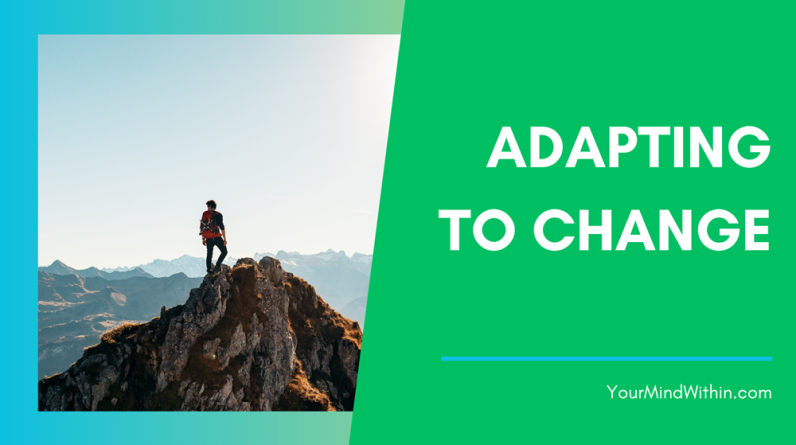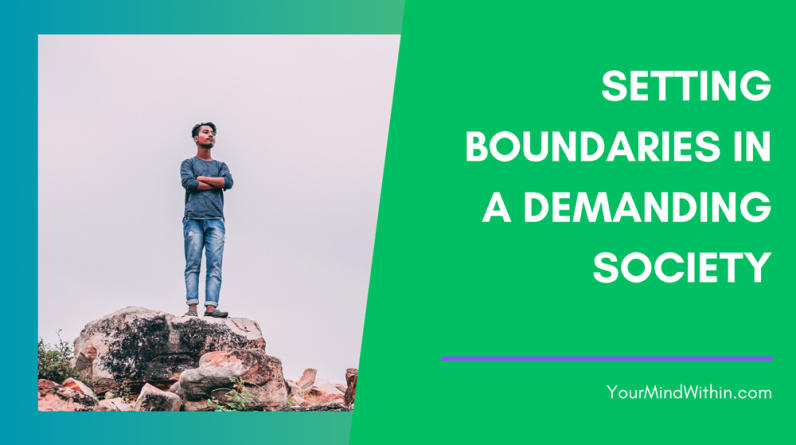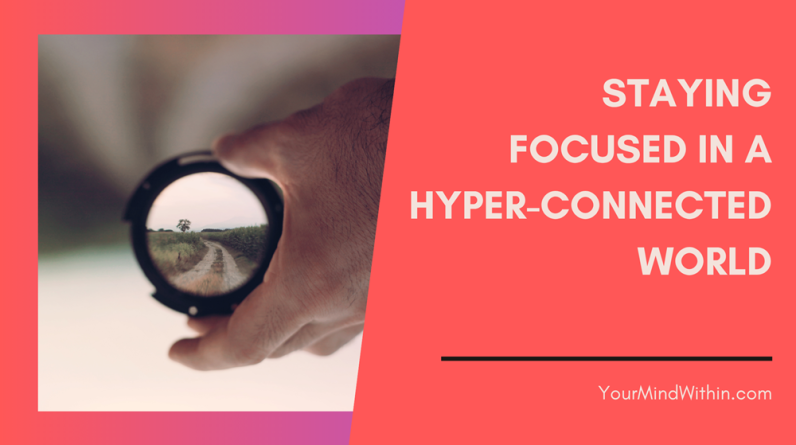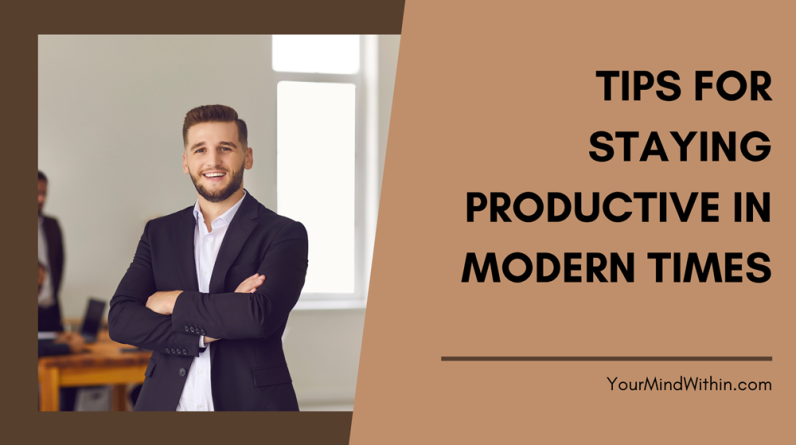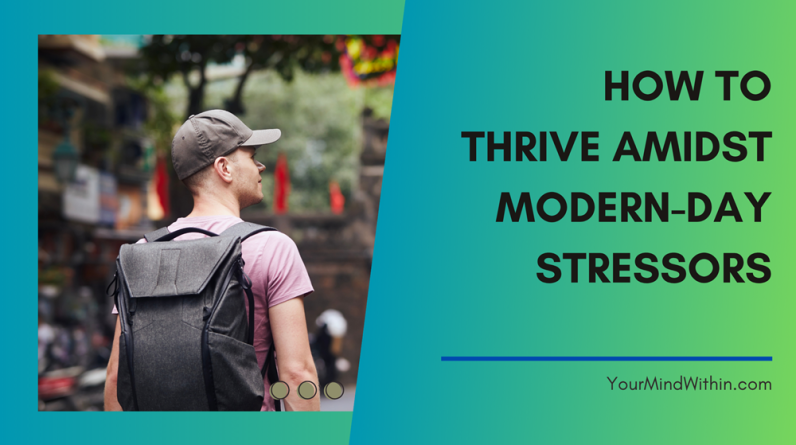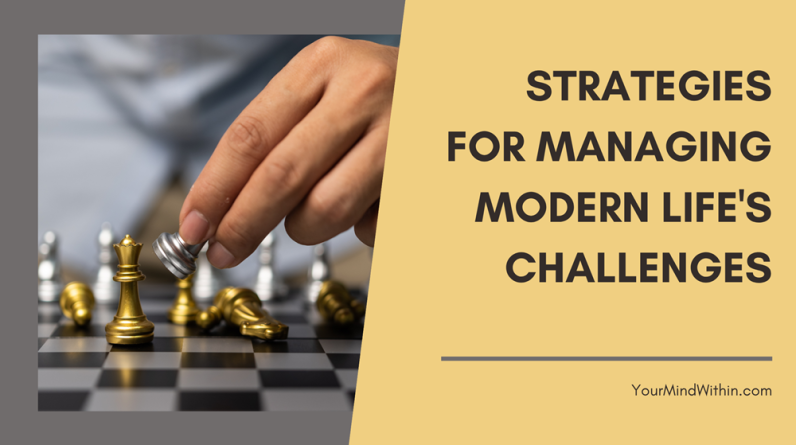
Being honest with yourself may seem like the easiest thing to do – after all, you wouldn’t judge yourself as harshly as you might judge someone else, right? Wrong!
People tend to be highly self-critical, which can make exercising self-honesty a lot easier said than done.
If you are struggling with being honest with yourself, consider implementing these strategies to make it feel a little easier.
1. Practice engaging in regular reflection
The first step toward improved self-honesty is to be actively reflective. Spend some time each day reflecting on your experiences.
Doing so is a great way to get yourself better accustomed to analyzing your thoughts, actions, and emotions from the day.
It’s easier to be honest with yourself when you are taking time to actually analyze the facts.
2. Question your motives before you act
Many people don’t stop and think before they act. Practice taking some time to really question your motives and think about what could happen before you do it.
Questioning your motives forces you to be honest with yourself about why you are choosing to do something, and getting into this routine can make it easier to be honest with yourself.
3. Embrace your imperfections rather than running from them
A great way to be more honest with yourself is to learn how to embrace your imperfections for what they are rather than trying to hide or ignore them. It’s okay to be imperfect – everyone is!
The sooner you learn how to embrace your imperfections, the sooner you’ll be able to be more open and honest with yourself.
4. Challenge your rationalizations
Many people use rationalization as a tool to justify poor habits, behaviors, and choices. When you notice yourself trying to rationalize something, stop and really consider why you’re trying to do that.
Challenging those rationalizations can help you be more honest with yourself.
5. Ask people you trust for honest feedback and advice
Reach out to close friends and family members when you’re trying to be more honest with yourself. It’s easier to be vulnerable with people you love and trust deeply.
When you ask a close friend or family member for feedback, you know what they’re telling you is coming from a place of true love, honesty, and concern for your well-being.
6. Get a good grasp on what your values are
All people live by a set of values – however, many people struggle to articulate what those specific values are.
Take time to really understand your own personal set of values. Doing so can help you hold yourself accountable against your own moral code and what matters most to you in life, which is a good way to be more honest with yourself.
7. Engage in mindfulness practice
Learning how to be more mindful and present in the moment can help you be more honest with yourself.
Sometimes, it feels like the world is moving so quickly, and when the world is moving quickly, you may feel like you can’t really stop and consider everything happening.
Mindfulness can help you pause, breathe, and take an honest look at the present moment.
8. Make sure you’re setting realistic goals for yourself
Aiming for big goals is great, but what happens when those big goals feel too big or intimidating?
You are likely to abandon a big goal if it feels impossible to reach. Try breaking down your big goals into smaller, more realistic mini-goals.
This is a more honest approach to what you can handle.
9. Own your mistakes whenever you make them
Everybody makes mistakes because nobody is perfect…however, that doesn’t make dealing with the aftermath of a mistake feel any easier.
Practice immediately owning up to mistakes when you realize you’ve made one.
Doing so not only helps you mitigate the situation and find a solution quicker, but it also helps you be more honest with yourself about the role you played in the mistake.
10. Evaluate your relationships
Take some time to consider the various relationships in your life. Are they helping you or hurting you?
Learning how to be honest about your relationships can be tough; it’s possible to care about someone deeply even if they cause issues in your life.
However, practicing the evaluation of relationships is an important and necessary way to be more honest with yourself.


